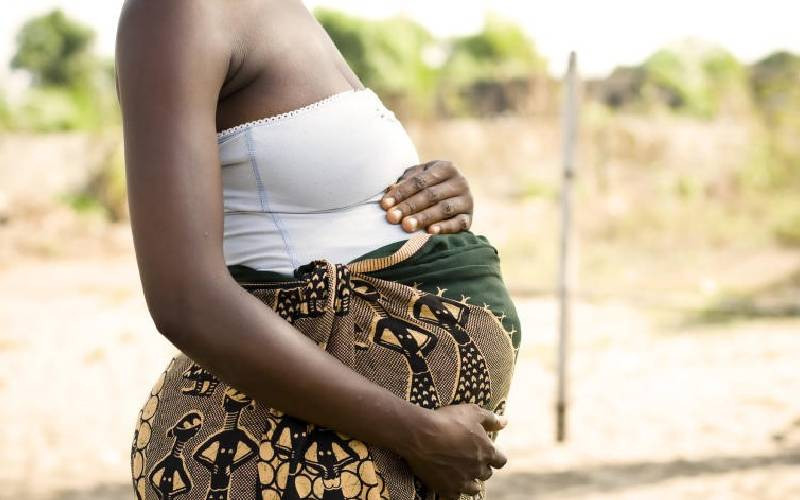×
The Standard e-Paper
Home To Bold Columnists

Women wishing to become surrogate mothers will only do so three times if proposed laws are passed.
They will also be required to wait for two years between each birth to be eligible for another surrogacy agreement.







